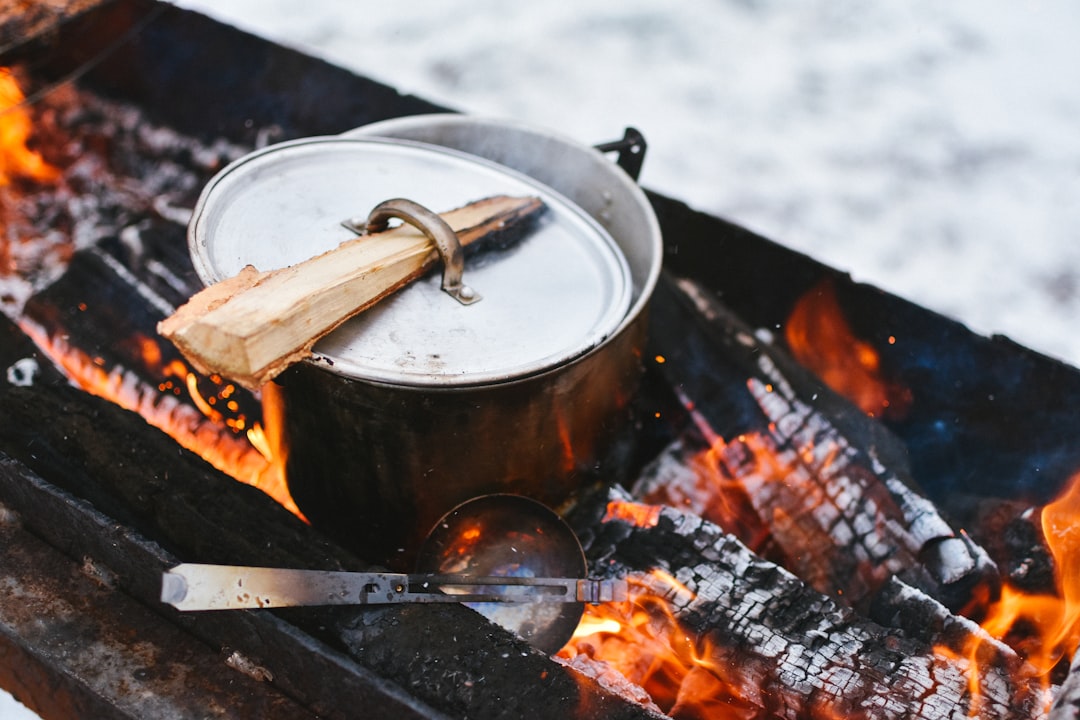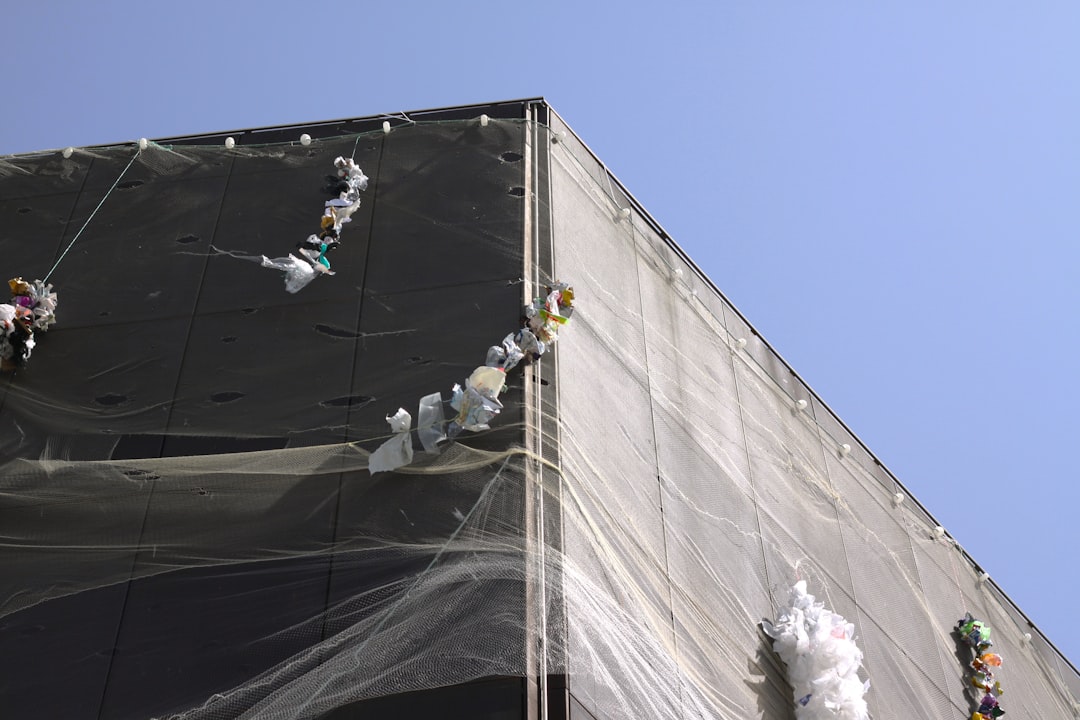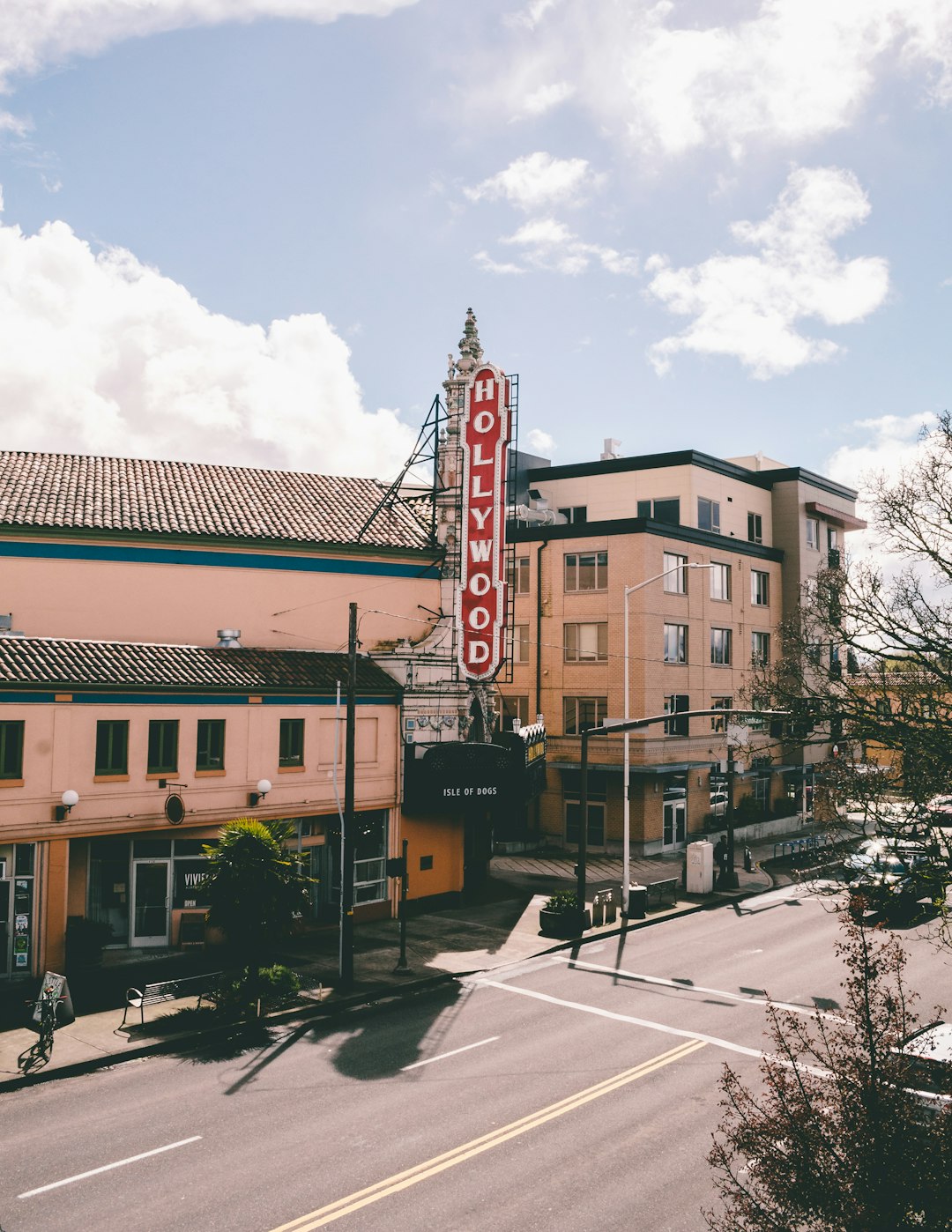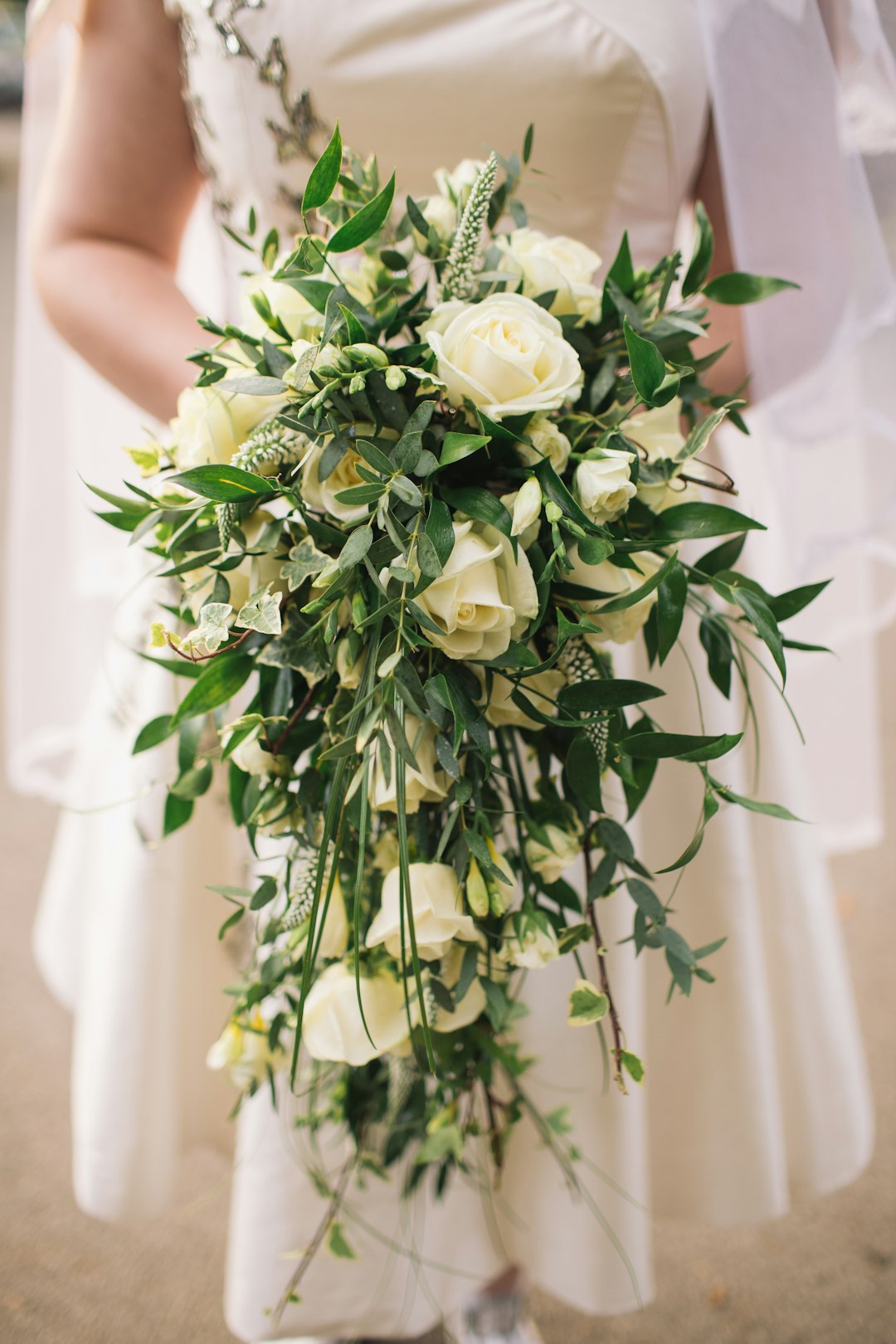Planning a wedding is an exciting yet daunting task, and one of the most important decisions couples have to make is choosing the perfect venue. The wedding venue sets the tone for the entire celebration and provides a backdrop for cherished memories. With numerous options available, ranging from grand ballrooms to intimate gardens, finding the right setting can be overwhelming. However, with careful consideration and a comprehensive guide, couples can make an informed decision that aligns with their vision for their special day.
When it comes to picking a wedding venue, there are several factors to consider. First and foremost, couples should determine their budget, as it will heavily influence the available options. It is essential to strike a balance between choosing a venue that aligns with their vision and staying within their financial means. Additionally, couples should think about the number of guests they plan to invite. By having an estimate of the guest count in mind, couples can ensure they choose a venue that comfortably accommodates their loved ones.
Another crucial aspect to consider is the style or theme couples envision for their wedding. Whether they dream of a rustic outdoor affair or a glamorous indoor celebration, selecting a venue that complements their desired aesthetic is paramount. The venue's overall ambiance, architectural features, and available amenities should all be taken into account. Moreover, couples should also think about the convenience and accessibility of the location. Factors such as parking availability and proximity to accommodations for out-of-town guests are essential considerations that can impact the overall experience for everyone in attendance.## Factors to Consider When Choosing a Wedding Venue
When it comes to choosing the perfect setting for your special day, there are several important factors to consider. Selecting the right wedding venue can greatly enhance the overall experience for both you and your guests, so it's crucial to make an informed decision. Here are some key factors to keep in mind when searching for your dream wedding venue:
Capacity and Space: Begin by assessing the size of your guest list to ensure that the venue you choose can comfortably accommodate everyone. Consider not only the reception area but also any additional spaces you may require, such as a dance floor, cocktail areas, or outdoor spaces for a ceremony.
Location: The wedding venue's location plays a significant role in the overall logistics and convenience for your guests. Determine whether transportation will be easily accessible, and consider the distance from accommodations and local amenities for guest convenience.
Budget: Set a realistic budget before you start looking for a venue. Determine how much you are willing to spend on the venue and allocate the appropriate amount. Remember to consider any additional costs, such as catering, decorations, and rentals, that may be required to create your desired atmosphere.
Style and Aesthetic: Consider the look and feel you envision for your wedding day. Do you dream of an elegant ballroom, a rustic barn, a picturesque garden, or a contemporary urban space? Choose a venue that aligns with your desired wedding theme and aesthetic.
Services and Amenities: Inquire about the services and amenities offered by the venue. Does it include catering, tables, chairs, linens, or decorations? Some venues may provide their own event planners, which can greatly simplify the wedding planning process.
Flexibility and Customization: Determine the level of flexibility the venue allows in terms of decorations, vendors, and personalization. Some venues have strict regulations, while others offer more freedom to create a unique experience.
Weather Considerations: If you are considering an outdoor wedding venue, be mindful of the weather conditions during your desired wedding date and have a contingency plan in place in case of inclement weather.
Parking and Accessibility: Ensure that the venue offers adequate parking spaces or alternative transportation options for your guests. Additionally, consider any accessibility requirements for elderly or disabled guests.
Remember, finding the perfect wedding venue takes time and careful consideration. Each factor mentioned above is essential in creating a memorable and seamless wedding day. Take the time to visit multiple venues, ask questions, and gather all the necessary information before making your final decision. Happy venue hunting!
Outdoor vs. Indoor Venues: Pros and Cons
Choosing the right wedding venue is a crucial decision when planning your special day. One of the key factors to consider is whether you prefer an outdoor or indoor setting. Each option has its own set of advantages and disadvantages. In this section, we will explore the pros and cons of outdoor and indoor venues to help you make an informed decision.
Outdoor Venues:
Outdoor wedding venues offer a unique and natural atmosphere that can create a breathtaking backdrop for your ceremony and reception. Here are some of the advantages:
Scenic Beauty: Outdoor venues often provide stunning natural views, such as gardens, vineyards, beaches, or countryside landscapes. The beauty of nature enhances the overall ambiance of your wedding, providing a picturesque setting for your photographs.
Flexibility: Outdoor venues offer more space and flexibility for creativity compared to indoor venues. You have the freedom to design your wedding layout and décor according to your preferences, allowing for a personalized and unique experience.
Open Air and Natural Light: Outdoor venues allow your guests to enjoy the fresh air and natural light, creating a refreshing and relaxing atmosphere. The abundance of natural light is also beneficial for photography, resulting in beautiful and vibrant images.
However, outdoor venues also have their drawbacks:
Weather Uncertainty: One of the biggest concerns with outdoor venues is the unpredictability of weather conditions. Rain, wind, or extreme heat can affect your plans and potentially dampen the mood of your special day.
Additional Planning and Expenses: Outdoor weddings require additional planning and expenses due to the need for tents, lighting, generators, and other equipment to ensure comfort and convenience for your guests.
Indoor Venues:
Indoor wedding venues offer a controlled and sheltered environment, providing a range of benefits. Here are some advantages:
Weather Protection: Unlike outdoor venues, indoor locations offer protection from unfavorable weather conditions. You can have peace of mind knowing that your wedding will proceed smoothly regardless of rain, snow, or extreme temperatures.
Year-Round Availability: Indoor venues are not limited by seasonal changes and provide availability all year round. This allows for greater flexibility in choosing your wedding date, regardless of the time of year.
Convenience and Amenities: Indoor venues often come with amenities such as restrooms, catering facilities, and parking, providing convenience for you and your guests. They also offer easy accessibility for all attendees, including those with mobility challenges.
However, there are a few downsides to consider:
Limited Space and Layout: Unlike outdoor venues, indoor locations may have limited space, which could impact the number of guests you can accommodate. Additionally, you may have restrictions on design and décor due to the existing architecture or layout of the venue.
Less Natural Light: Indoor venues may rely on artificial lighting, which can't replicate the natural beauty of outdoor settings. This may affect the overall ambiance and photography opportunities.
In conclusion, both outdoor and indoor wedding venues have their own merits and drawbacks. Ultimately, the choice should align with your vision, preferences, and budget. Consider the season, weather patterns, guest count, and desired atmosphere when making your decision for a memorable and magical wedding day.
Popular Types of Wedding Venues
When it comes to planning the perfect wedding, selecting the right venue is a crucial decision that sets the tone for the entire event. From enchanting gardens to elegant ballrooms, there are numerous options available to suit every couple's unique style and preferences. This section will explore some of the popular types of wedding venues that can help create an unforgettable celebration.
1. Banquet Halls
Banquet halls are a classic choice for weddings, offering vast spaces that can accommodate large guest lists. These versatile venues can be transformed to match any theme or décor, making them an attractive option for couples who want flexibility in their wedding design. With various package options available, banquet halls often provide all-inclusive services, including catering and event coordination, easing the planning process for busy couples.
2. Outdoor Venues
For nature lovers and couples seeking a romantic ambiance, outdoor venues provide a breathtaking backdrop for exchanging vows. From serene gardens to rustic barns, outdoor venues offer a picturesque setting and the opportunity to customize the space according to personal preferences. However, it is essential to consider weather contingencies and ensure the venue has suitable backup plans to handle unexpected changes.
3. Historic Sites
Choosing a historic site as a wedding venue adds a touch of sophistication and grandeur to the celebration. These unique venues can range from elegant mansions to majestic castles, providing a distinct charm and historical significance. Couples who appreciate the timeless beauty and architectural marvels of the past often find these venues an ideal choice.
4. Beach Resorts
For a destination wedding or a beach-themed celebration, beach resorts offer a dreamy setting with stunning views of the ocean. These venues often provide luxurious amenities, including on-site accommodation for guests, making it a convenient choice for couples and their loved ones. With their natural beauty and serene atmosphere, beach resorts create a truly memorable experience for couples exchanging vows.
5. Country Clubs
Country clubs provide an elegant and refined atmosphere for couples looking for a touch of sophistication. With immaculately manicured grounds, luxurious ballrooms, and professional event staff, country clubs ensure a seamless and upscale wedding experience. Many country clubs also offer membership benefits, allowing couples to enjoy additional perks and discounted rates for future events.
When choosing a wedding venue, couples should consider factors such as budget, guest capacity, location, and personal preferences. It is recommended to visit multiple venues, ask questions, and carefully review contracts before making a final decision. By selecting the perfect wedding venue, couples can create cherished memories that will last a lifetime.
Markdown Table:
Venue Type Key Features Banquet Halls - Versatile spaces - All-inclusive packages - Ideal for large guest lists Outdoor Venues - Stunning natural backdrops - Personal customization options - Weather contingency plans required Historic Sites - Sophisticated and grand - Unique charm and historical significance Beach Resorts - Breath-taking ocean views - Convenient on-site accommodation - Popular for destination weddings Country Clubs - Elegant and refined atmosphere - Immaculate grounds and ballrooms - Membership benefits available
Important Questions to Ask When Visiting Potential Venues
When it comes to searching for the perfect wedding venue, asking the right questions during your visits is crucial. By gathering all the necessary information, you can make an informed decision and ensure the venue aligns with your vision. Here are some important questions to ask when visiting potential wedding venues:
Capacity and Availability: Start by asking about the venue's capacity and whether it is available on your desired wedding date. Ensure that it can comfortably accommodate your guest list and that there are no scheduling conflicts.
Cost and Inclusions: Inquire about the total cost of the venue, including any additional charges or hidden fees. Wedding venues often have different pricing structures, so it's essential to have a clear understanding of what is included in the package. Ask about the specifics, such as catering, table linens, chairs, and decorations.
Catering Options: Find out if the venue has an in-house catering service or if you are free to bring in an external caterer. Ask for sample menus, discuss dietary restrictions and whether they can accommodate them. Gather information about the bar service, including options for open bar or cash bar.
Restrictions and Regulations: Understand any limitations or restrictions that might be imposed by the venue. Some venues have noise restrictions, curfews, or limitations on decor. Clarify whether you have the flexibility to bring in your own vendors, such as photographers or musicians.
Setup and Coordination: Ask about the venue's setup and coordination services. Will they provide a wedding coordinator to assist with the planning process and on the day of the event? Knowing whether the venue takes care of tasks such as table setup, lighting, and audiovisual setups can alleviate stress and ensure a smooth wedding day.
Parking and Accessibility: Inquire about parking facilities for guests and accessibility for differently-abled individuals. If the venue does not have sufficient parking, ask about nearby alternatives or valet services. Ensure that the venue is easily accessible and has accommodation nearby for out-of-town guests.
Backup Plan for Outdoor Venues: If you're considering an outdoor wedding venue, discuss their backup plan in case of inclement weather. Ensure there is an alternate indoor space available or alternative arrangements to make your special day run smoothly, rain or shine.
By asking these important questions, you're equipped with the knowledge to assess whether a potential wedding venue fits your requirements. Take detailed notes during your visits to compare the options later. Remember, finding the perfect setting for your special day is essential for creating cherished memories that will last a lifetime.
Understanding Venue Costs and Budgeting
When it comes to planning a wedding, one of the most important factors to consider is the venue. Not only does it set the stage for your special day, but it can also have a significant impact on your budget. Understanding venue costs and budgeting is crucial for couples who want to make informed decisions and ensure a memorable wedding experience without breaking the bank.
Factors Affecting Venue Costs
Venue costs can vary greatly depending on several factors, including:
Location: The geographical location of the venue plays a significant role in determining the price. Urban areas tend to have higher prices compared to rural or suburban locations.
Season and Day of the Week: Wedding season and the specific day of the week can affect venue costs. Popular months and weekends often come with higher price tags, while off-peak times may offer more affordable options.
Venue Type: Different types of venues, such as hotels, banquet halls, or outdoor spaces, come with varying price ranges. Each type has its own unique features and amenities, which can impact the overall cost.
Capacity: The capacity of the venue, or the number of guests it can accommodate, is an important factor. Larger venues generally come with higher costs, as they require more space and resources.
Extras and Packages: Additional services and packages offered by the venue, such as catering, decorations, or entertainment, can add to the overall cost. It's important to carefully review these options to determine if they align with your budget and preferences.
Budgeting Tips
To effectively budget for your wedding venue, consider the following tips:
Set a Realistic Budget: Determine how much you can comfortably afford for your venue and allocate a specific percentage of your overall budget. This will help guide your search and prevent overspending.
Research and Compare: Thoroughly research different venues in your desired location and compare their prices, amenities, and reviews. This will give you a better understanding of available options and ensure you get the best value for your money.
Negotiate and Flexibility: Don't hesitate to negotiate with venue owners or managers. They may be willing to offer discounts or customize packages to fit your budget. Remaining flexible with your wedding date can also help secure a better deal.
Ask for a Detailed Contract: Request a written contract that clearly outlines all costs, terms, and conditions. Review it carefully and clarify any uncertainties before signing to avoid unexpected expenses later on.
Remember, finding the perfect wedding venue within your budget is possible with proper planning, research, and flexibility. By understanding the factors affecting venue costs and implementing effective budgeting strategies, you can create a memorable wedding day without compromising your financial well-being.
Tips for Negotiating with Wedding Venue Providers
When it comes to planning a wedding, finding the perfect venue is crucial. However, with the average cost of a wedding venue in the United States ranging from $2,500 to $10,000, negotiating with venue providers can help you save a substantial amount of money. Here are some useful tips to help you successfully negotiate with wedding venue providers:
Research and compare prices: Before approaching any venue provider, do thorough research to understand the average prices in your area. This will give you a better idea of what to expect and help you negotiate more effectively.
Flexibility on dates: Consider being flexible with your wedding date. Venue providers often have peak and off-peak seasons, and choosing an off-peak date can provide you with a bargaining advantage. Discussing alternative dates with the venue provider can lead to significant discounts or added extras.
Package customization: Many venue providers offer standard wedding packages. While these can be convenient, they may include services or items you don't actually need. Negotiate with the provider to customize the package according to your preferences and budget. For example, you may want to exclude certain items from the package to reduce the overall cost.
Leverage your guest count: The number of guests you invite can impact the overall cost. If you have a large guest list, the venue provider may be willing to offer discounts or additional services. Let the provider know the estimated guest count and discuss how it can be advantageous for both parties.
Negotiate on extras: Many venue providers offer additional services or extras like décor, lighting, or entertainment. Be sure to negotiate these aspects, as they can significantly contribute to your wedding's atmosphere. Ask for any complimentary upgrades or discounts on these extras to enhance your overall experience.
Ask about off-peak discounts: Wedding venue providers often have discounted rates for certain days of the week or times of the year. Inquire about any off-peak discounts they offer and consider adjusting your wedding plans accordingly. These discounts can make a substantial difference in your overall wedding budget.
It's important to approach negotiations with wedding venue providers in a friendly and professional manner. Remember to express your requirements and budget constraints clearly, and be open to compromise. With these tips, you'll be well-equipped to negotiate a favorable deal and make the most of your wedding budget.
Wedding Venue Checklist: What to Look for During Site Visits
When visiting potential wedding venues, it's crucial to have a checklist in hand to ensure that you find the perfect setting for your special day. A site visit allows you to assess the venue's suitability, ambiance, amenities, and logistical aspects. Here's a comprehensive checklist to guide you during your site visits:
1. Capacity and Layout:
- Determine if the venue can comfortably accommodate your anticipated guest count.
- Assess the layout of the space, including the ceremony area, reception area, dance floor, and any other important spaces you require.
- Ensure there are separate spaces available for the bridal party and groom's party to get ready.
2. Flexibility and Customization:
- Inquire about any restrictions on decorations, lighting, or music.
- Discuss the possibility of customizing the space according to your wedding theme or style.
3. Amenities and Facilities:
- Check if the venue provides tables, chairs, linens, and tableware.
- Inquire about restroom access and availability for the guests as well as vendors.
- Verify if the venue has a backup plan in case of inclement weather.
4. Accessibility and Parking:
- Assess the venue's accessibility for guests with disabilities or elderly guests.
- Inquire about the availability and capacity of parking facilities for your guests.
5. Catering Options:
- Ask if the venue has an on-site catering service or if you can bring your own caterer.
- Inquire about the types of menus they offer and if they can accommodate specialized dietary needs.
6. Insurance and Permits:
- Ensure that the venue has liability insurance coverage.
- Inquire about any necessary permits required for hosting an event at the venue.
7. Acoustics and Lighting:
- Assess the quality of the sound system and acoustics in the venue, particularly if you plan to have live music or a DJ.
- Examine the lighting options and discuss the possibilities for adjusting the lighting to create the desired ambiance.
8. Photography Opportunities:
- Explore the venue's indoor and outdoor spaces for capturing beautiful wedding photographs.
- Inquire about any specific rules or restrictions regarding photography.
9. Additional Services and Costs:
- Discuss any additional services offered by the venue, such as event coordination or valet parking.
- Inquire about all associated costs, including venue rental, service charges, taxes, and any hidden fees.
10. Contract Terms and Policies:
- Carefully review the venue's contract terms and policies, including reservation and payment policies, cancellation policies, and any restrictions.
A thorough site visit using this comprehensive wedding venue checklist will help you make an informed decision and find the perfect setting for your special day.
Creating a Timeline and Booking Your Wedding Venue
Once you have narrowed down your list of potential wedding venues, it's time to create a timeline and book the perfect setting for your special day. This crucial step ensures that you secure your desired venue and sets the stage for the rest of your wedding planning.
1. Start Early and Set a Budget
The first step in creating a timeline for booking your wedding venue is to start early. Popular wedding venues can be booked months, or even years, in advance. To ensure a wider selection and avoid disappointment, it is recommended to begin your search at least 12 to 18 months before your wedding date.
Before delving into venue options, it's essential to determine your wedding budget. Understanding your financial constraints will help you narrow down your choices and select a venue that aligns with your budgetary needs.
2. Identify the Desired Wedding Date Range
Once you have a rough idea of your budget, it's time to identify your desired wedding date range. Flexibility in your chosen dates can greatly increase your chances of securing the perfect venue. Consider both weekdays and weekends, as well as different seasons, to maximize the availability of your preferred venue.
3. Conduct Venue Tours
With your budget and date range in mind, reach out to your shortlisted wedding venues to schedule tours. During these tours, pay close attention to the overall ambiance, aesthetics, capacity, and available amenities of each venue. Take photographs and notes to compare and contrast your options later.
4. Evaluate Vendor Restrictions and Contracts
Once you have found your dream venue, carefully review the vendor restrictions and contracts associated with the space. Some venues have preferred vendor lists or require the use of in-house vendors, while others offer more flexibility. Understanding these policies will enable you to make informed decisions and factor in any additional costs.
5. Confirm Availability and Sign the Contract
Once you have thoroughly assessed your options and chosen the perfect wedding venue, it's time to confirm its availability and secure your date. Reach out to the venue coordinator to ensure your desired date is still open and follow their instructions for booking. Be prepared to pay a deposit and sign a contract, binding both parties to the agreed-upon terms.
By following these steps and creating a timeline for booking your wedding venue, you can confidently secure the ideal setting for your special day. The earlier you start and the more organized you are, the easier it will be to ensure a smooth booking process and begin the exciting journey of planning your dream wedding.
Evaluating Logistics and Accessibility of Wedding Venues
When it comes to choosing the perfect setting for your special day, evaluating the logistics and accessibility of wedding venues is crucial. This ensures that your wedding day runs smoothly and that your guests can easily reach and navigate the venue without any hassle. Here are some key factors to consider when evaluating the logistics and accessibility of potential wedding venues:
Location: The location of the wedding venue plays a significant role in accessibility. Look for venues that are conveniently located and easily accessible for both you and your guests. Consider factors such as proximity to transportation hubs, major highways, or airports. This will make it easier for guests traveling from out of town to reach the venue.
Parking: Ample parking space is vital to ensure that your guests have a stress-free experience. Check if the venue offers sufficient parking availability for both guests and vendors. It's also worth considering whether there is a valet service or nearby parking alternatives if the venue's parking area is limited.
Venue capacity: Evaluate the venue's capacity to ensure it can accommodate your guest list comfortably. Assess the size of the event space, including indoor and outdoor areas. This will help determine if the venue can accommodate all your guests without feeling crowded.
Layout and amenities: Consider the layout of the venue and how it aligns with your wedding vision. Are there separate spaces for the ceremony, cocktail hour, and reception? Are there areas for guests to relax or take a break? Additionally, examine the amenities the venue offers, such as accessible restrooms, dressing rooms, or green rooms for the wedding party.
Accessibility for all: If you have guests with mobility issues or disabilities, it's important to ensure that the venue is ADA compliant and provides accessible facilities. Check if there are ramps, elevators, or wheelchair-accessible entrances. This ensures that all your guests can navigate the venue comfortably.
Vendor accessibility: Assess the accessibility of the venue for your chosen vendors such as caterers, musicians, and photographers. Check if there are designated loading and unloading areas, and if the venue has any restrictions or guidelines that may affect the services provided by your vendors.
Remember, evaluating the logistics and accessibility of wedding venues will help you make an informed decision and ensure that your wedding day is a memorable and enjoyable experience for both you and your guests.
| Key Considerations |
|---|
| Location |
| Parking availability |
| Venue capacity |
| Layout and amenities |
| Accessibility for all |
| Vendor accessibility |
(word count: 307)
Conclusion
Picking the perfect wedding venue is a crucial decision that sets the tone for your special day. With so many options available, it can be overwhelming to find the ideal setting that aligns with your vision and meets all your requirements. However, by following this comprehensive guide, you can confidently navigate the selection process and make an informed choice.
Here are the key takeaways from this guide:
Define your wedding vision: Before you start the venue search, be clear about your wedding style, guest count, budget, and preferred location. This will help narrow down your options and save time.
Research and visit multiple venues: Don't settle for the first venue you come across. Explore various options to compare layouts, amenities, package offerings, and pricing. Schedule visits to get a firsthand experience of each venue's ambience and customer service.
Consider practical aspects: Evaluate the venue's capacity to comfortably accommodate your guest count, parking availability, convenience for out-of-town guests, and nearby accommodation options.
Review venue policies and contracts: Thoroughly read and understand all the terms and conditions before signing any contracts. Pay attention to cancellation policies, payment schedules, and included services to avoid any surprises down the line.
Factor in your wedding budget: While it's natural to be enamored by grand venues, ensure that they align with your budget. Consider all the associated costs, such as catering, decor, and rentals, to avoid overspending.
Gauge the venue's flexibility: Determine whether the venue allows external vendors and allows customization options to personalize your wedding. This will enable you to create a unique and memorable experience.
Consider in-house services: If you're looking for convenience, explore venues that offer in-house services like catering, wedding planning, and decoration. These bundled services can streamline the planning process and alleviate stress.
Read reviews and seek recommendations: Reading online reviews and seeking recommendations from friends, family, or wedding planners can provide valuable insights into a venue's reputation and quality of service.
Plan for the unexpected: Always have a Plan B in case of unforeseen circumstances, such as inclement weather or emergencies. Venues with indoor and outdoor options or backup plans can offer peace of mind.
Trust your gut: After considering all the practicalities, let your intuition guide you. Choose a venue that resonates with you and evokes the right emotions, as this will make your wedding day even more magical.
Remember, picking the perfect wedding venue is a personal decision. By conducting thorough research, staying organized, and considering your priorities, you can find the setting that best reflects your love story and creates lasting memories for you and your guests.







